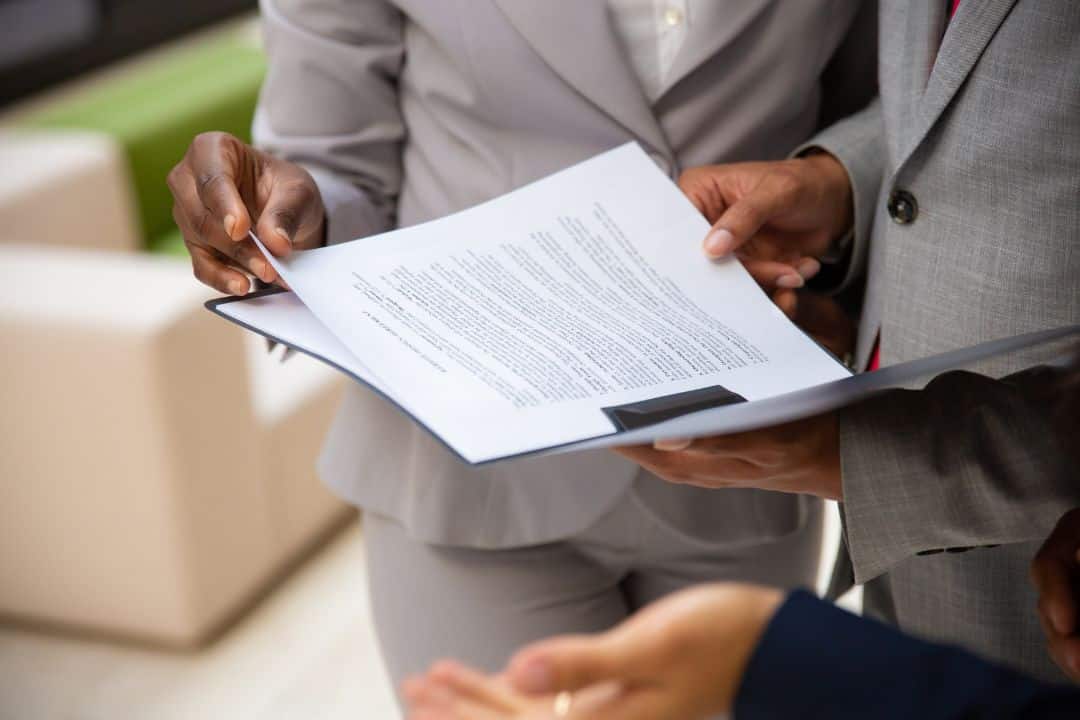
Explore the pivotal role of evidence and witness statements in resolving personal injury claims through various dispute resolution methods.

Understanding Different Dispute Resolution Methods in Personal Injury Cases
Resolving personal injury disputes can be approached through various methods, each with its unique processes and implications. Traditional litigation is often a common recourse but can be lengthy and costly. Alternative dispute resolution (ADR) methods, such as mediation, arbitration, and collaborative negotiations, offer parties the chance to settle disputes more amicably and efficiently. Restorative justice and settlement conferences also present opportunities for resolution that can be more victim-focused and less adversarial than court trials.
Understanding the nuances of each method is crucial for parties involved in a personal injury case. It allows them to choose the most appropriate path that aligns with their interests, financial constraints, and desired outcomes. While litigation might be suitable for some, others may find greater benefit in the less formal, more controlled settings of ADR.
The Importance of Evidence and Witness Statements in Mediation
Mediation, a form of ADR, involves a neutral third party who helps disputing parties reach a mutually acceptable settlement. Unlike in a trial, evidence and witness statements in mediation do not need to adhere to strict legal rules. However, they are still of paramount importance as they offer a comprehensive view of the case, guiding the mediator’s understanding of the dispute. Strong evidence and credible witness testimonies can significantly sway the mediation process, aiding in a more equitable resolution.
The strategic presentation of evidence and witnesses in mediation can also facilitate a better negotiation environment. It can lead to a deeper exploration of the issues at hand and encourage parties to move towards a settlement that reflects the true extent of the damages and injuries incurred.
Arbitration vs Mediation: How Evidence Influences the Outcome
Arbitration and mediation serve as alternatives to litigation but differ significantly in how evidence affects the outcome. In arbitration, an arbitrator acts similarly to a judge, making decisions after considering the evidence and witness statements presented. The arbitrator’s ruling is usually binding, making the strength and relevance of evidence crucial to the outcome of the case.
Conversely, in mediation, evidence serves to inform and persuade rather than to dictate an outcome. Mediators do not make binding decisions; instead, they facilitate discussion and encourage compromise. The evidence can influence the direction and tone of negotiations, but the final decision rests in the hands of the disputing parties.
Navigating Collaborative Negotiations: Strategies for Effective Communication
Collaborative negotiation in personal injury claims is a process where parties and their attorneys work together to achieve a settlement. Effective communication is the cornerstone of collaborative negotiations, requiring transparency, active listening, and a willingness to understand the opposing party’s perspective. Strategies to enhance communication include the use of clear and objective language, focusing on interests rather than positions, and employing problem-solving techniques that aim for mutually beneficial outcomes.
In the collaborative process, evidence and witness statements can be shared openly to ensure all parties have a fair understanding of the case’s facts. This openness can build trust and goodwill, which are essential for a successful collaborative negotiation.
The Role of Restorative Justice and Settlement Conferences in Personal Injury Claims
Restorative justice in personal injury cases is an approach that seeks to repair the harm caused by the injury, ideally involving the victim, the responsible party, and the community. It emphasizes accountability, healing, and restitution rather than punishment. During restorative justice processes, evidence and witness statements may be used to convey the full impact of the injury on the victim’s life, fostering empathy and understanding that can lead to meaningful resolutions.
Settlement conferences, often presided over by a judge or experienced mediator, are formal meetings where parties discuss settlement options. Evidence and witnesses are crucial in these conferences as they can provide a realistic picture of what might be expected in a trial, thereby influencing the parties to reach a fair settlement without the need for court intervention.




